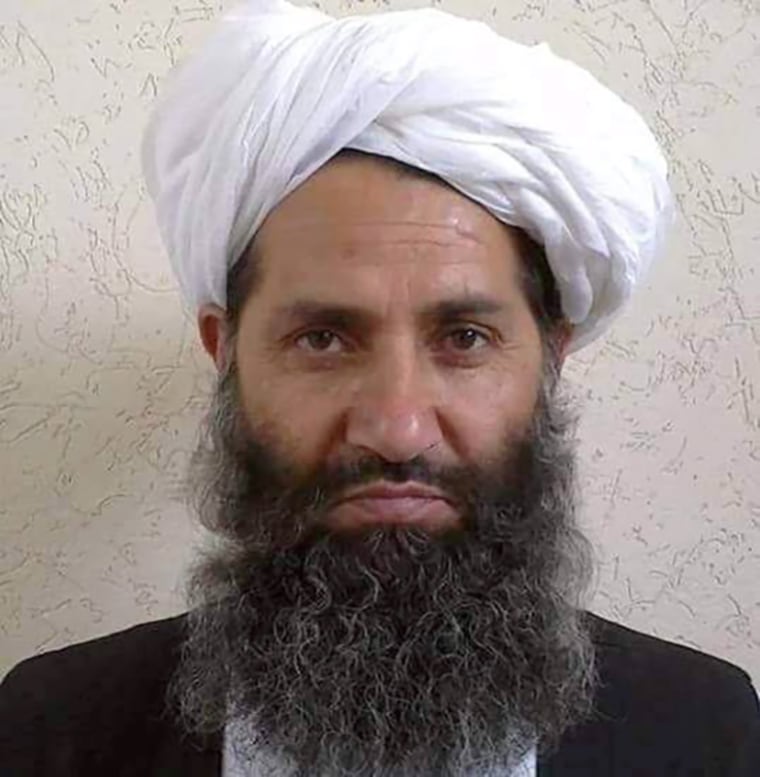
THE HAGUE Accusing two Taliban commanders in Afghanistan, including supreme spiritual leader Haibatullah Akhundzada, of persecuting women and girls, the prosecutor for the International Criminal Court announced Thursday that he had requested arrest warrants for them.
According to a statement from the office of Chief Prosecutor Karim Khan, investigators discovered solid evidence linking Akhundzada and Abdul Hakim Haqqani, the chief justice since 2021, to the crime against humanity of gender-based persecution.
According to the statements, they are criminally accountable for the persecution of Afghan women and girls as well as those the Taliban believed to be their friends.
According to the prosecutor, persecution has been occurring throughout Afghanistan since at least August 15, 2021, when Taliban troops took control of the country’s capital, Kabul, and continues to this day.
The Islamist organization has repressed women’s rights since regaining power in 2021, restricting their ability to work, attend school, and be generally independent in their daily lives.
Taliban commanders did not immediately respond to the prosecutor’s comments, which was praised by organizations that support women’s rights.
A three-judge panel at the ICC will now have to decide on the prosecution’s request, which has no timeframe. These operations often take three months.
In its investigation into possible war crimes in Afghanistan, which began in 2007 and previously involved suspected crimes committed by the U.S. troops there, ICC investigators made their first public request for warrants.
Khan claimed that the Taliban’s interpretation of Islamic sharia law could not serve as an excuse for crimes or violations of human rights and that his office was showcasing its dedication to seeking accountability for gender-based crimes.
The Taliban are persecuting Afghan women and girls and the LGBTQI+ community in a way that has never been seen before and is immoral. According to the prosecutor, “our action signals that the status quo for women and girls in Afghanistan is unacceptable.”
If ICC warrants were issued, Akhundzada, who hardly ever leaves Afghanistan, might not be significantly affected, according to Zalmai Nishat, founder of the UK-based organization Mosaic Afghanistan.
However, he stated that this essentially means that the Taliban’s international legitimacy, if any, has been completely undermined.
Khan’s action coincided with an existential crisis at the court, which was established in The Hague in 2002 to try those charged with crimes against humanity, war crimes, genocide, and aggression.
President Donald Trump’s administration is getting ready to impose fresh punitive penalties on it for issuing an arrest warrant for Israeli Prime Minister Benjamin Netanyahu in connection with alleged crimes in the Gaza Strip.
Moscow issued its own warrant for Khan in retaliation against the ICC for its 2023 warrant against Russian President Vladimir Putin.
Khan is being investigated for suspected sexual misbehavior in the workplace, which he denies, and courtrooms in The Hague are essentially deserted despite the recent spate of high-profile arrest warrants.
The ICC relies on its 125 member states to make arrests because it lacks a police force. However, a number of European nations have voiced concerns about holding Netanyahu, and Italy this week detained an ICC suspect but did not turn him over.
